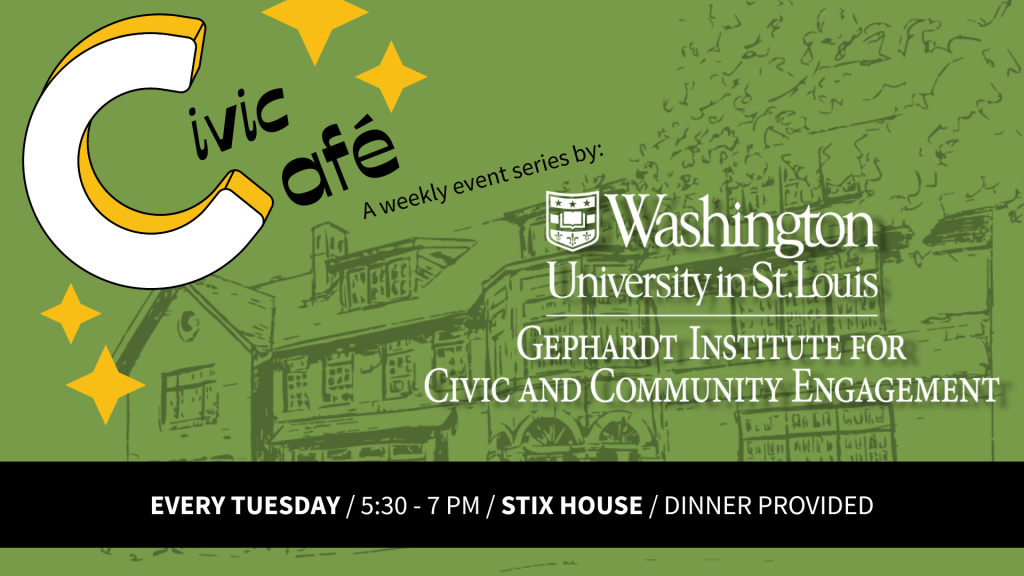
Recent years have seen a significant increase in censorship through the banning of books in libraries, with public and school libraries being most widely targeted.
From July 2021 to June 2022, PEN America’s Index of School Book Bans identified 2,532 instances of individual books being banned, affecting 1,648 unique book titles. School districts in 32 states have enacted book bans over the last several years, with school districts in Texas, Florida and Pennsylvania having the widest spanning bans. In St. Louis, at least 114 book bans have been enacted in schools in response to a GOP-sponsored state law prohibiting “explicit sexual material” from being provided to students, and public libraries have had to assess collections in line with a rule change proposed by Secretary of State Jay Ashcroft to protect minors from what he calls “non-age-appropriate materials.”
These bans are often politically motivated (Ashcroft is a likely candidate for governor in 2024), appealing to a conservative base, and bans often target texts construed (sometimes incorrectly) as pertaining to Critical Race Theory, anti-racism, and queer studies. Of 1,648 books that have been banned, 41% explicitly address LGBTQ+ themes or have protagonists or prominent secondary characters who are LGBTQ+, 40% feature protagonists or prominent secondary characters of color, and 21% directly address issues of race and racism (PEN America).
As calls for bans continue to emerge, questions of intellectual freedom and access to information are being weighed against parents’ rights and control of messaging. In this Democracy Dinner, we will look more closely at how we as a community share and access knowledge, including such questions as:
-What grounds, if any, make it appropriate to ban a book from a library? When is appropriate to limit other types of access to publications and information? And who should be able to make those decisions?
-What other social or cultural values should be considered in providing access to information?
-How does the location and format of the information affect our decision-making?
-Who might be harmed by book bans? Who might benefit?
-How have you seen censorship affect you and your community’s education and life?
Please join the Gephardt Institute and Vice Provost & University Librarian Mimi Calter for a Civic Café Democracy Dinner on March 21 from 5:30 to 7 pm to learn more and dive into current censorship.
Speakers:
- Mimi Calter
Civic Cafe is a weekly event series that occurs every Tuesday evening at Stix House, from 5:30 to 7 p.m. Each night fits the theme of either a Skill Building session, Democracy Dinner, or Civic Storytelling event. Students of every level and discipline are invited to attend. Learn, eat, and meet other civically-minded individuals.
Follow us on Instagram or other social channels to learn more about the weekly theme.